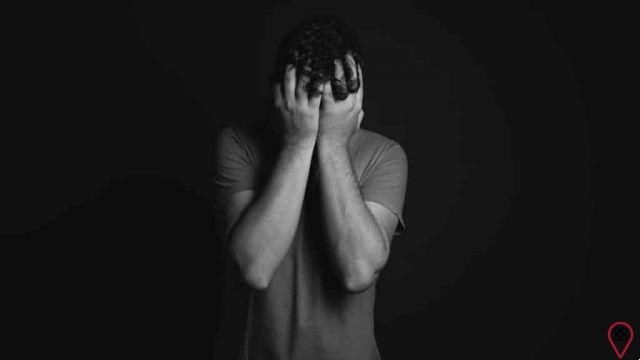Abuse is the appropriation and enjoyment of the value, characteristic, personality, family, financial, emotional and psychological condition of another for one's own benefit, in order to harm the original.
Unfortunately, it's rare to find someone who hasn't been through abusive situations, attempted abuse and/or been abusive in some way. I deal with cases of different types daily, from the most subtle to the most explicit!
Abuses create marks forever, and the worst, end up structuring the personality in such a way that the individual ends up confusing his identity with the symptomatic characteristics. Such as:
👉 Constant fear of relating;
👉 Permanent difficulty opening up to people and making friends;
👉 Mistrust of everything and everyone;
👉 Crying for no apparent reason;
👉 Always expect the worst of situations and people;
👉Pessimism;

👉 Low self-esteem;
👉Feeling of lack of merit;
👉 Devaluation of yourself;
👉 Feeling of incapacity;
👉Extreme vulnerability;
👉 Self-destruction (from nail biting to clearly morbid or fatal actions);
👉 Codependência.
There are also personalities who express the impact of abuse in self-defensive behaviors, in which there are “psychic disguises” of all kinds in an attempt to nullify or hide their weaknesses and pain. Such as:
👉Inconsistency;
👉Arrogance;
👉Permanent anger and constant irritability;

👉 Abrupt aggression;
👉Violence against others;
👉 Responsiveness;
👉 Featured in groups for always feeling different (via popularity or exclusion);
👉Superiority complex;
👉 Self-sufficiency;
👉 Affective-emotional dependence.
Abuse happens in various aspects and stages of life and usually the most difficult to deal with are subtle and "normalized".
👉 Disavowal in front of department colleagues (humiliation) or one parent for the other in front of the children, of a mother-in-law with her daughter-in-law before a dish or choice that involves their children;
👉 The "shut ups" inserted in a family context as a means of education;
👉 Constant criticism disguised as good intentions and collaboration;
👉 Absence or omission before a dependent (child, pet, sick, disabled elderly);
👉 Pressure for sex or demands under any kind of threat of loss or express or veiled punishment.
👉 "Silly" blackmail. Ex.: “If you don't get this for me, you'll run out of ice cream”.
👉 "Picking a ride on energy", that is, someone is doing very well in something (profession, for example) and is required, by consanguinity, to "get" a job or financially help the leaning brother.
- Learn to identify an abusive relationship
- Reflect on the permanence of violence against women
- Pay attention to what characterizes domestic violence
👉 Injury, exposure and invasion of physical and emotional intimacy without consent. For example, exposing a friend or spouse's secret or weakness at a social gathering.
Pay attention to the signs, the history and remember that professional help is essential for a functional and healthy management of these "wounds".
Know that it is possible to develop enough self-knowledge to strengthen yourself and allow yourself to explore your intimate self in a self-rescue movement!
The sooner you assume your condition and start working, the better!
Psychotherapy associated with conversational hypnosis sessions are extremely valuable in this process.
Have doubts? Need assistance? Do not hesitate to write to me.
For more: www.synaptyco.com

























